Introduction
Yes, dogs can eat Bologna meat but only in tiny amounts and on rare occasions. Bologna (also known as bologna sausage or baloney) originated in Italy (mortadella). In the US, the Bologna recipe is a bit different and is made as meat paste.
The main issues with Bologna are its heavy processing and the fact it is popularly called “mystery meat” because you cannot know which meats are exactly included. Plus, Bologna meat is the perfect example of an empty-calorie.
Why is Bologna Good for Dogs?
Saying that Bologna is good for dogs would be exaggerated. Best-case scenario, we can say that if used responsibly (a small chunk on rare occasions), Bologna is okay. Let’s get a more detailed look into those reasons.
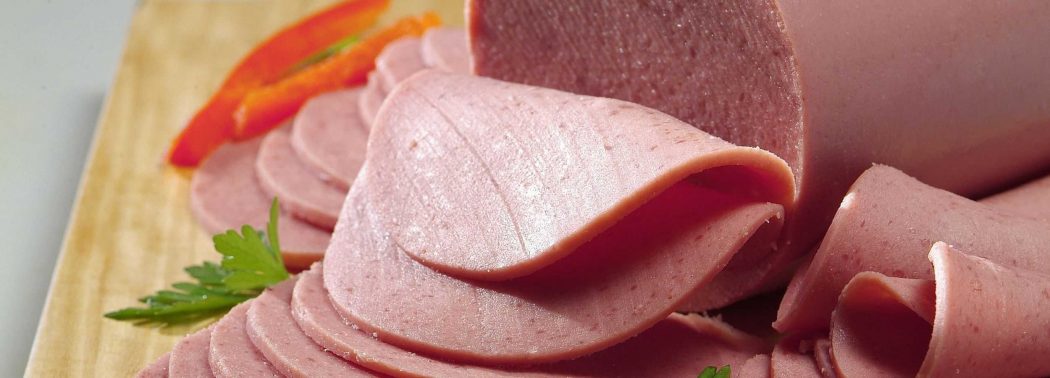
Some Protein
Dogs need proteins, and since Bologna is made of meat, it is safe to assume that some of the proteins survived the processing and remain in the final product. Proteins are vital for dogs, the same as they are for people.
Delicious Treat – soul food
Bologna is somewhat of a “soul food” – it is delicious and will make your dog feel good. Dogs love all meats, and Bologna is not the exception.
Omega-6 Fatty Acids
Bologna contains a fair amount of omega-6 fatty acids. This type of fat decreases the risk of heart disease and lowers blood cholesterol levels. Omega-6 fatty acids are also important for cancer prevention.
Pill Pockets
This is probably the only objective reason for giving your dog, Bologna. If you need to administer a pill and your dog is not very cooperative, wrap it in a Bologna chunk, and your dog will happily eat the pill.
Can Bologna be Bad for Dogs?
Yes, Bologna can be bad for dogs. In fact, the list of reasons Bologna can be bad for dogs is much longer than the list of reasons it is good. As a processed food, Bologna holds several risks for dogs.
So, before you assume that meats are a natural food for dogs and start giving Bologna daily, consider the possible health problems. Here are the reasons Bologna is bad for dogs.
Stomach Upset
This is a rather expected issue. Namely, any food has the potential to trigger an upset stomach in sensitive dogs and is served for the very first time or in large amounts.
Too Much Salt
Bologna is a heavily salted food. Too much salt can cause dehydration and even kidney damage. There is also a risk of salt poisoning.
Pancreatitis Risk
Bologna is also rich in fats. Fats contribute to weight gain and obesity. In the short run, fats can trigger a bout of acute pancreatitis.
Omega-6 Fatty Acids
Omega-6 fatty acids are healthy, but in excess amounts, they can be bad. Namely, they can block the absorption and utilization of omega-3 fatty acids.
Corn Syrup
Many Bologna recipes include corn syrup. This processed sugar increases the risk of heart disease, contributes to weight gain, and corn is a common allergen.
Allergic Reactions
Since Bologna is a “mystery meat,” it can easily trigger an allergic reaction in sensitive dogs with food allergies.
Processed meat
Just like pastrami, hot dogs, and salami, Bologna is a processed food, and it can increase the risk of high blood pressure, heart disease, and certain types of cancer.
Nitrosamines Overload
Bologna contains high levels of nitrosamines. Studies show that these compounds increase the risk of cancer in humans. The same effect is suspected in dogs.
Synthetic Antioxidants
Bologna can contain synthetic antioxidants – BHA (butylated hydroxyanisole) and BHT (butylated hydroxytoluene) and which are linked with kidney, liver, and thyroid gland issues.

How Much Bologna Can my Dog Eat?
Bologna classifies as a rare snack for dogs. Therefore the recommended serving size would be two bite-sized chunks for medium dogs and serving frequency, no more than once or twice per month.
Considering the high risk of allergic reaction, we recommend starting with much smaller serving size to see how your dog’s stomach handles the new food. If there are no troublesome effects, you can continue with the approved serving size the next time.
Finally, while Bologna is an acceptable snack for healthy adult dogs, you should not be giving it to your puppy. Puppies are more sensitive, and experimenting with new foods is not something their tummies would appreciate.
How to Prepare and Serve Bologna for Your Dog?
The preparation and serving process for Bologna is relatively straightforward. First, you need to go shopping. It is always a good idea to check the ingredients and try finding a Bologna option that specifies the meat types and does not include corn syrup. Low-fat and low-sodium varieties are preferable.
Once you have the Bologna at home, either serve it or store it in the refrigerator. If it is serving time, cut your dog’s serving size into small bite-sized chunks. Alternatively, you can grate it. Grating is more convenient if you plan on mixing the Bologna with the dog’s regular food or using it as a topper.
However, considering the small serving size of the Bologna meat, we suggest cutting it into small chunks and using them as treats. If your dog is not keen on chewing, make sure the pieces are small enough to avoid the risk of choking.
Summary
All in all, Bologna is not toxic to dogs, but it can easily do more harm than good, especially if used frequently and in large portion sizes. Simply put, more often than not, the risks of giving your dog Bologna outweigh the benefits.
Dogs are carnivores and thrive on meat but not on heavily processed meats like the Bologna. Make sure you are providing your dog with a complete and nutritionally balanced diet and only use Bologna as a rare snack or pill pocket.
Sources
- What is Mystery Meat?, K. K. Lowen, 2020
- Nitrosamine and related food intake and gastric and oesophageal cancer risk: A systematic review of the epidemiological evidence, Paula Jakszyn and Carlos Alberto González, 2006
- The truth about processed food, Honey’s Real Dog Food, 2020
- How I Offset Omega 6 Fatty Acids in My Dogs’ Diet, Kimberly, 2016
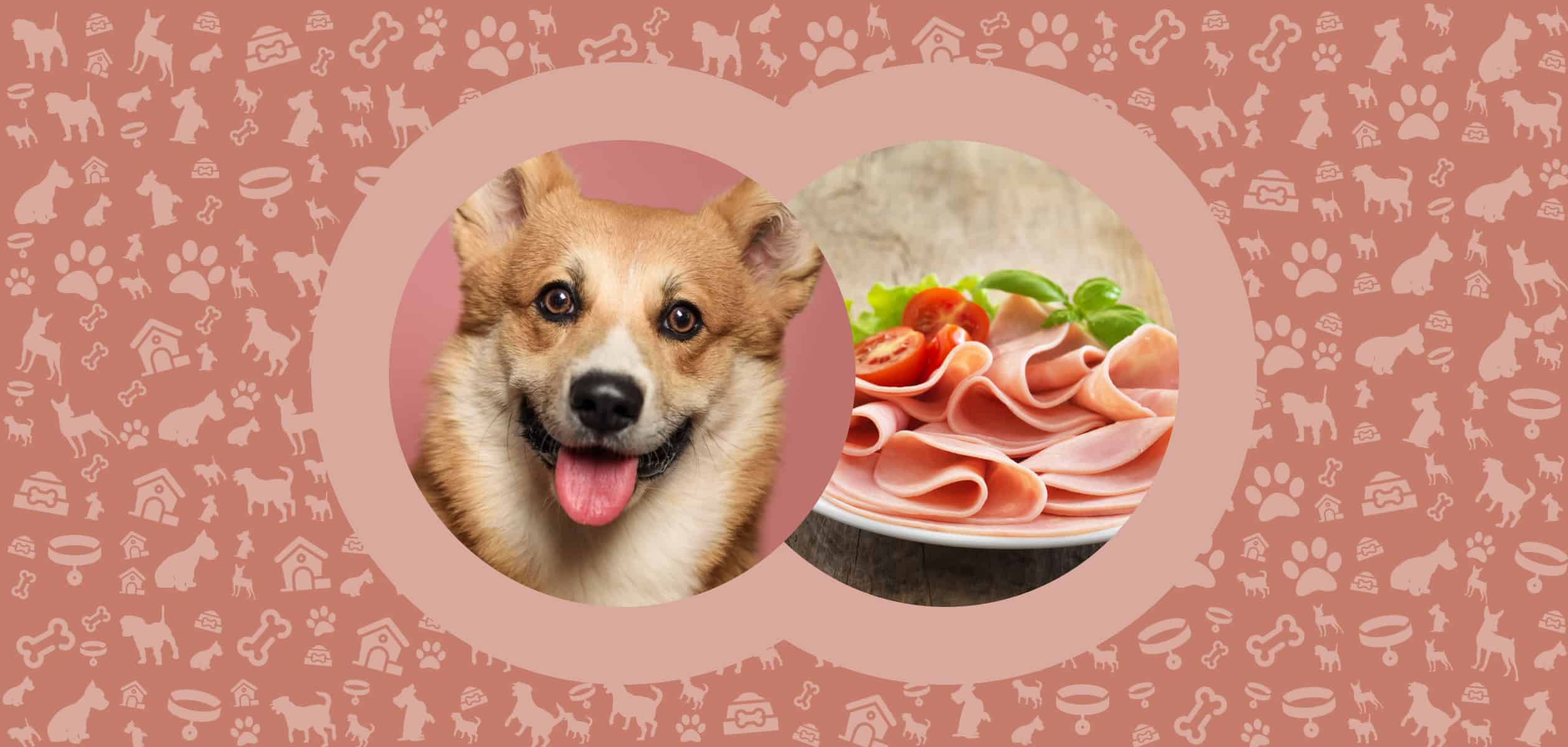
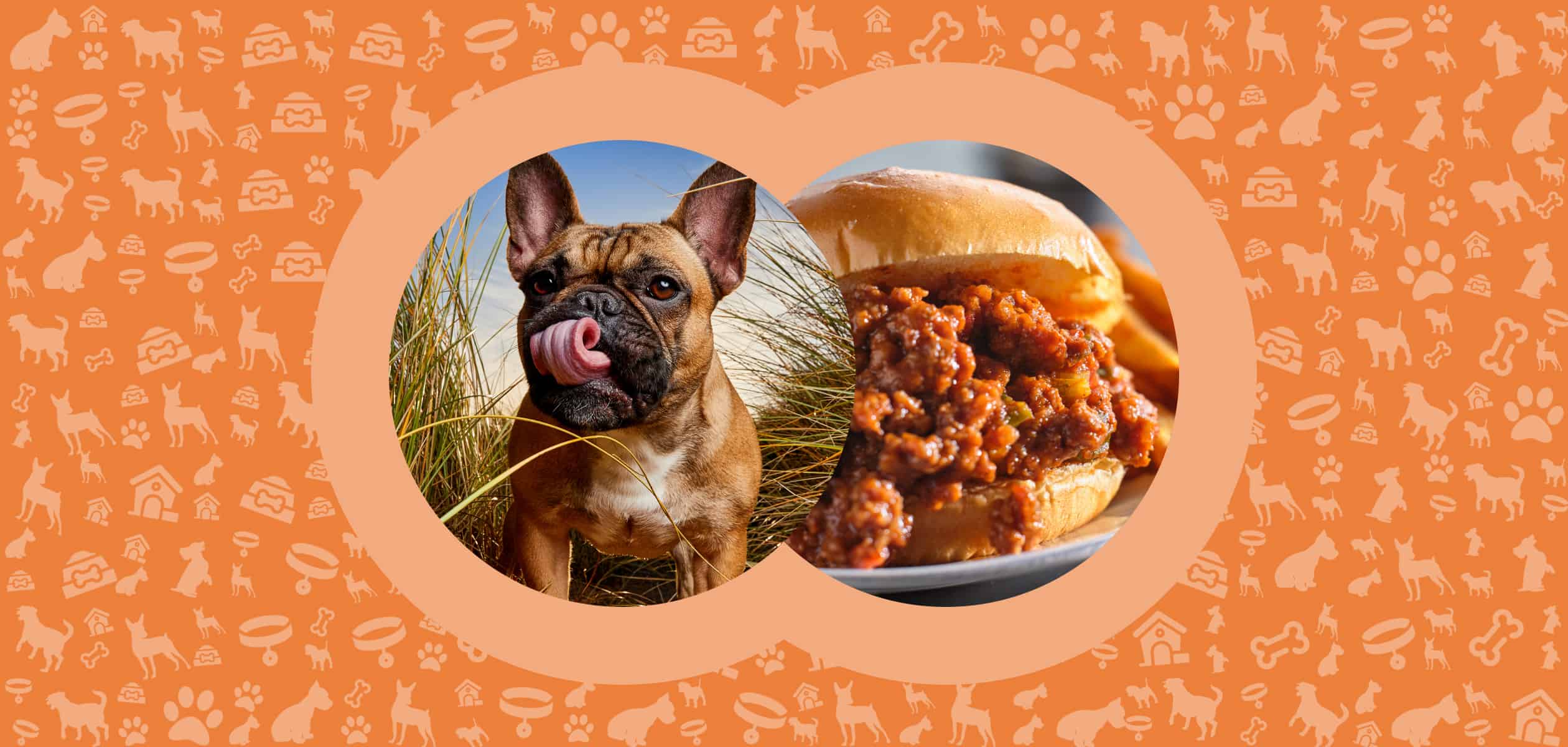
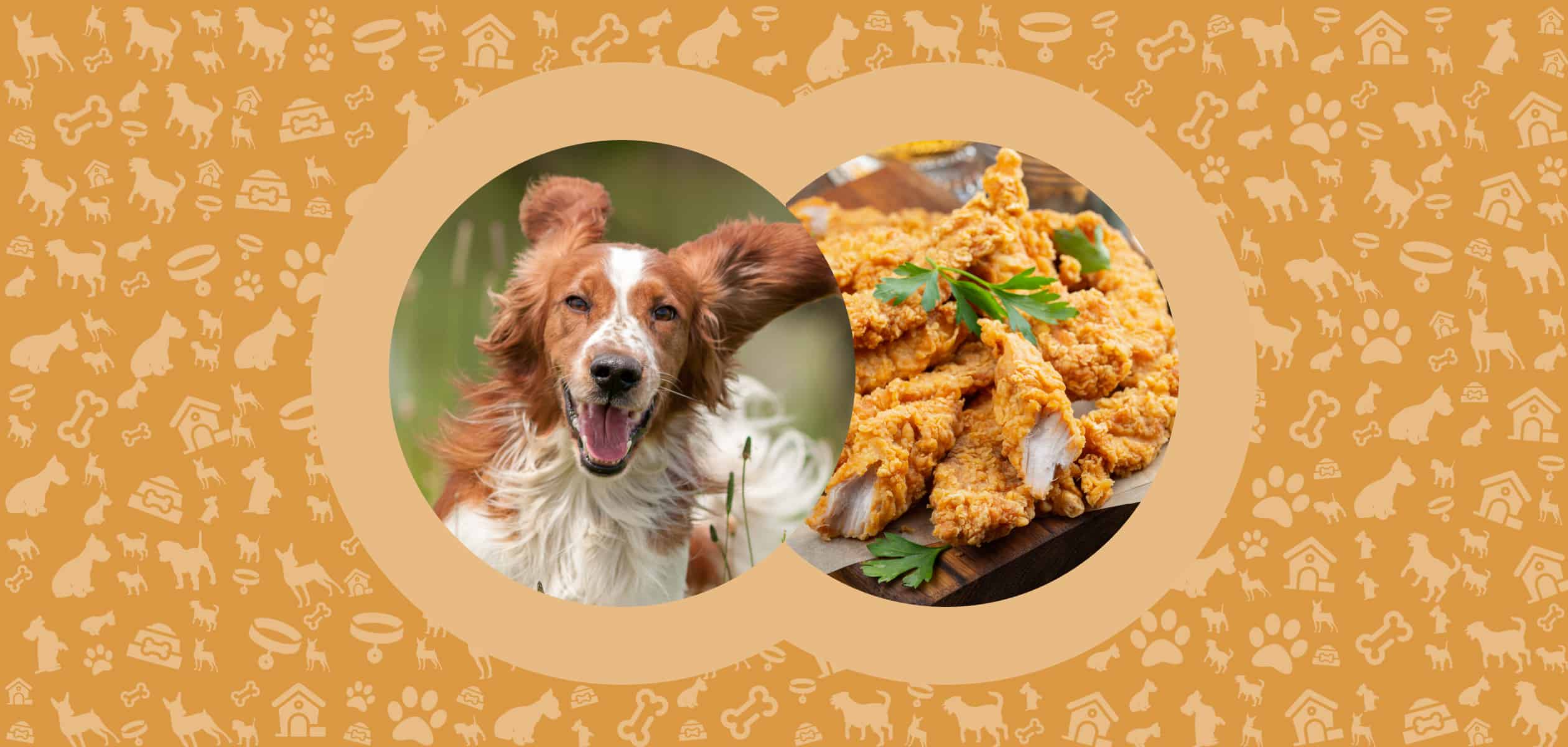
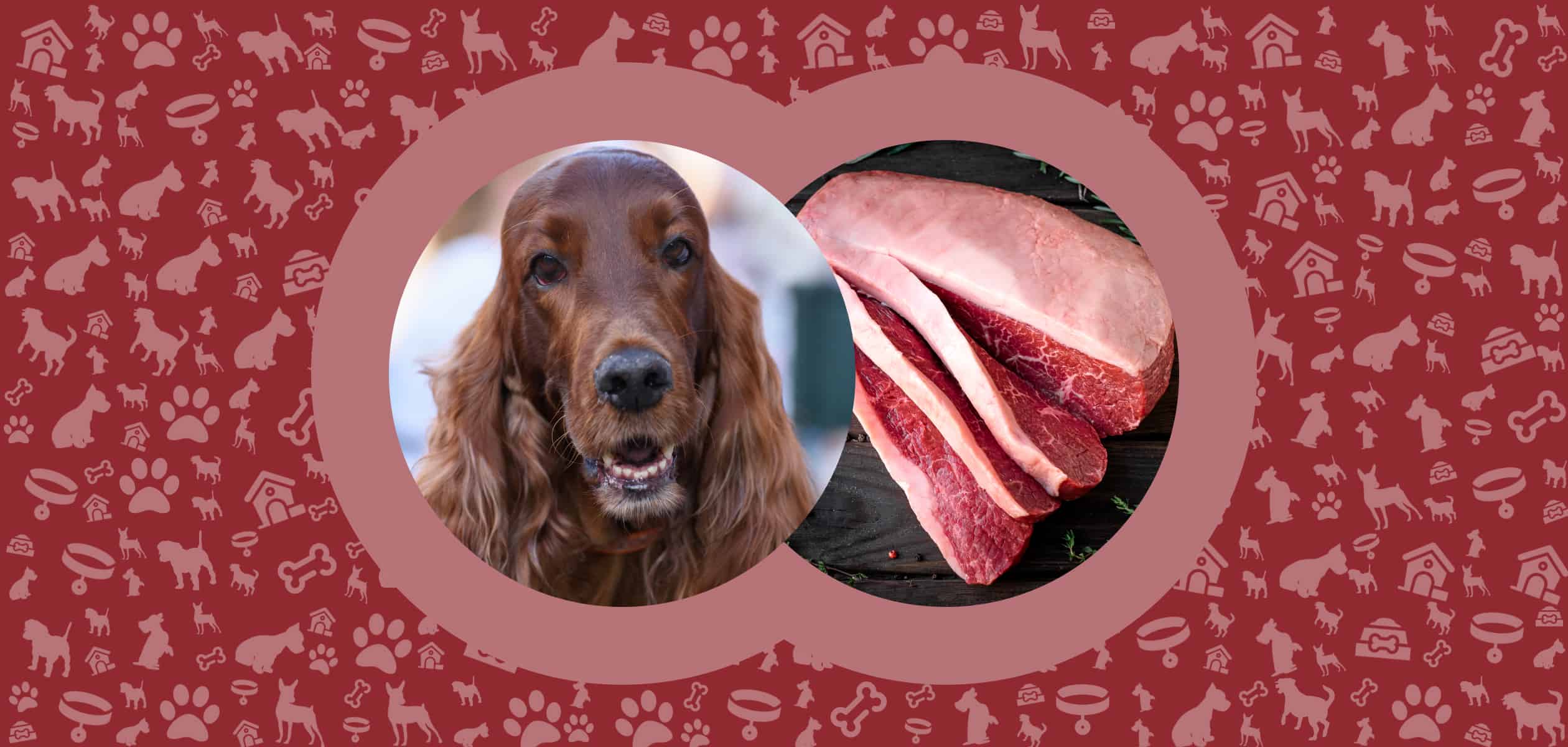
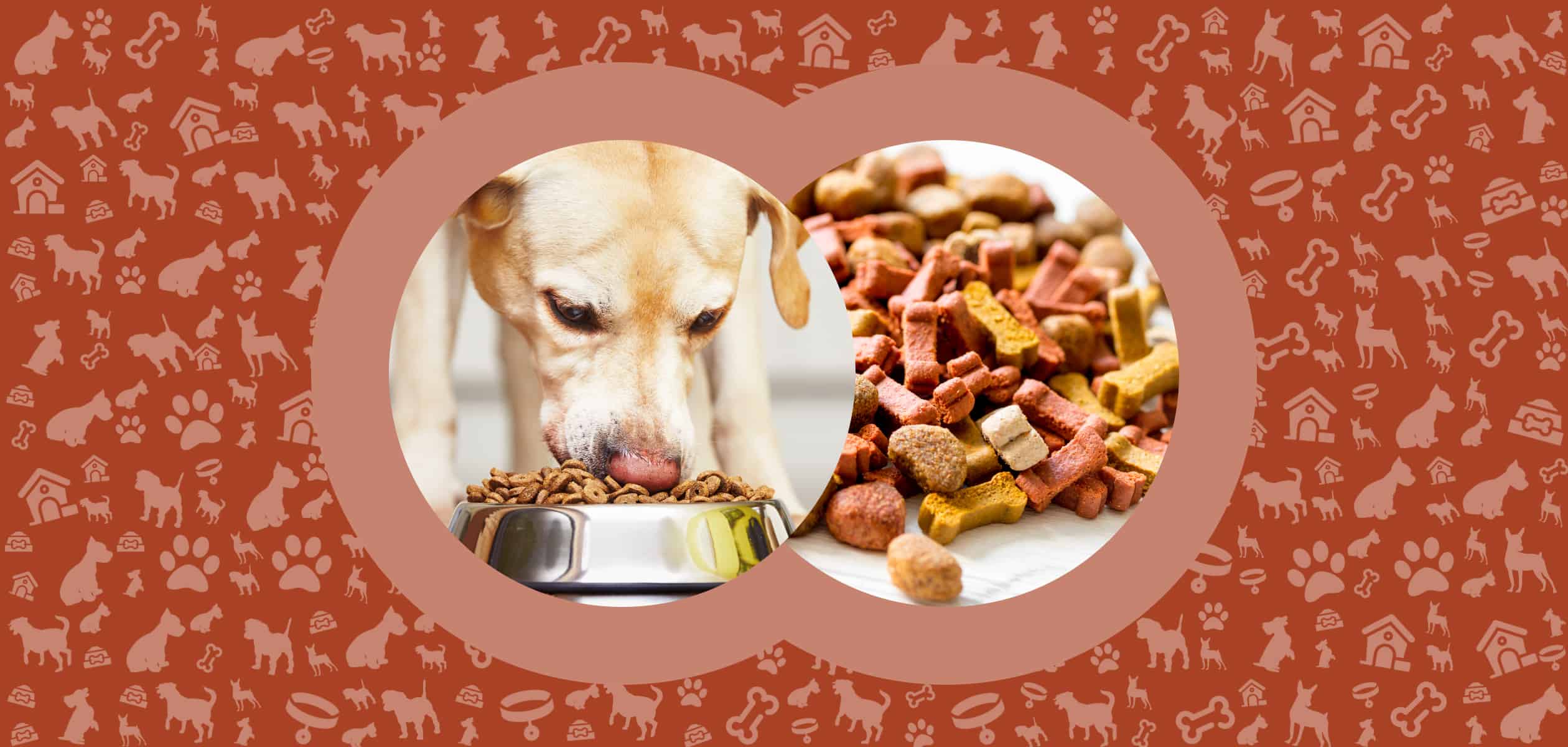
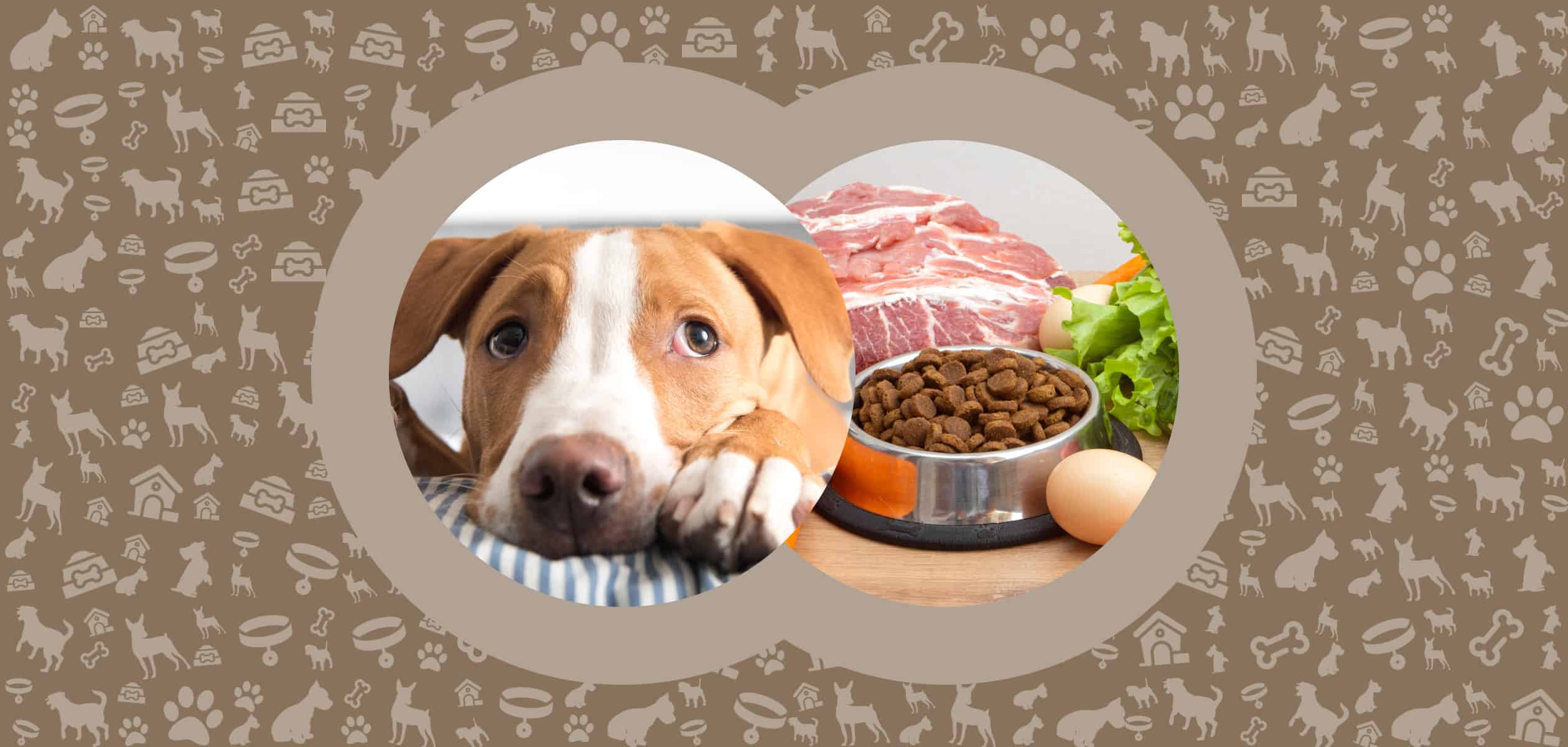
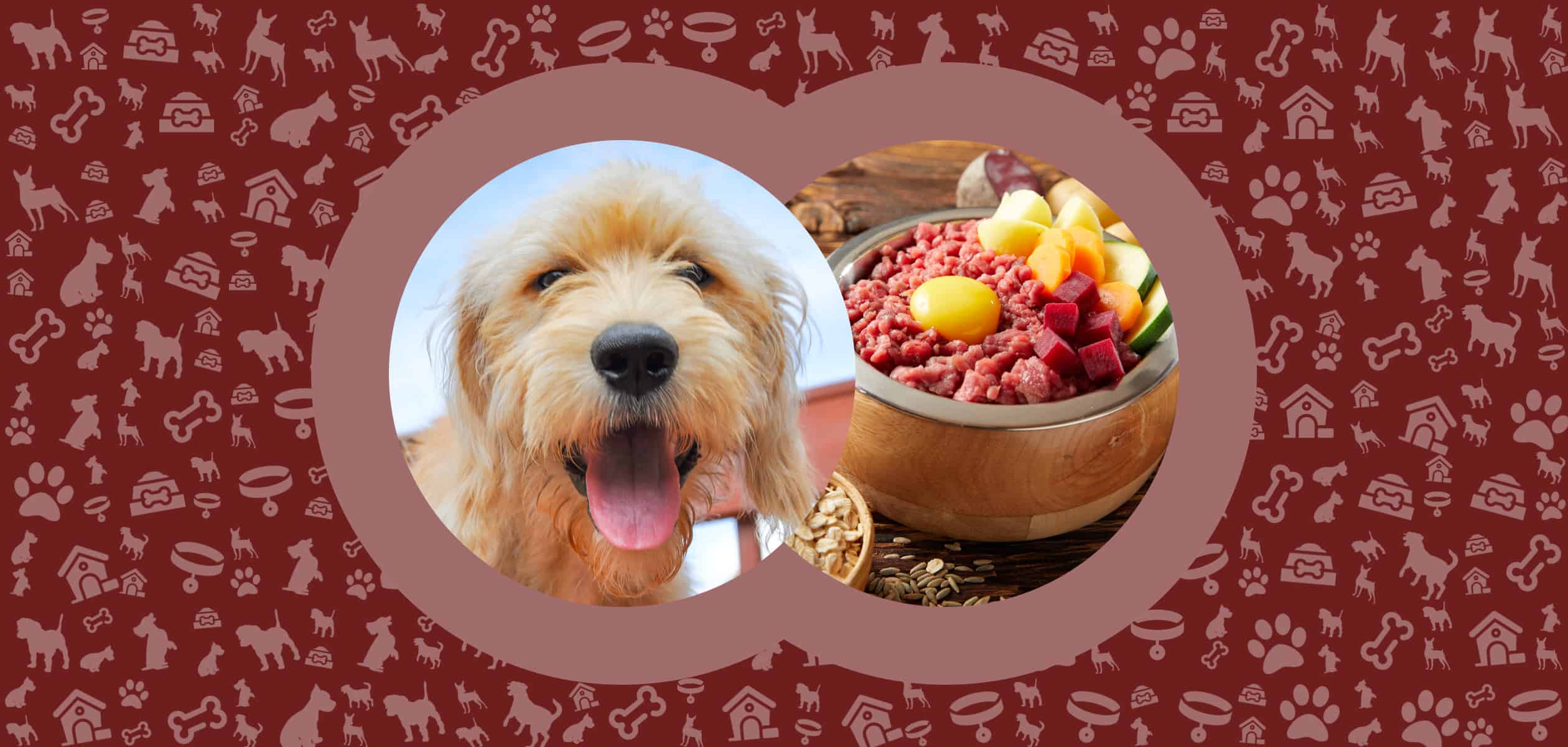
Leave a Comment